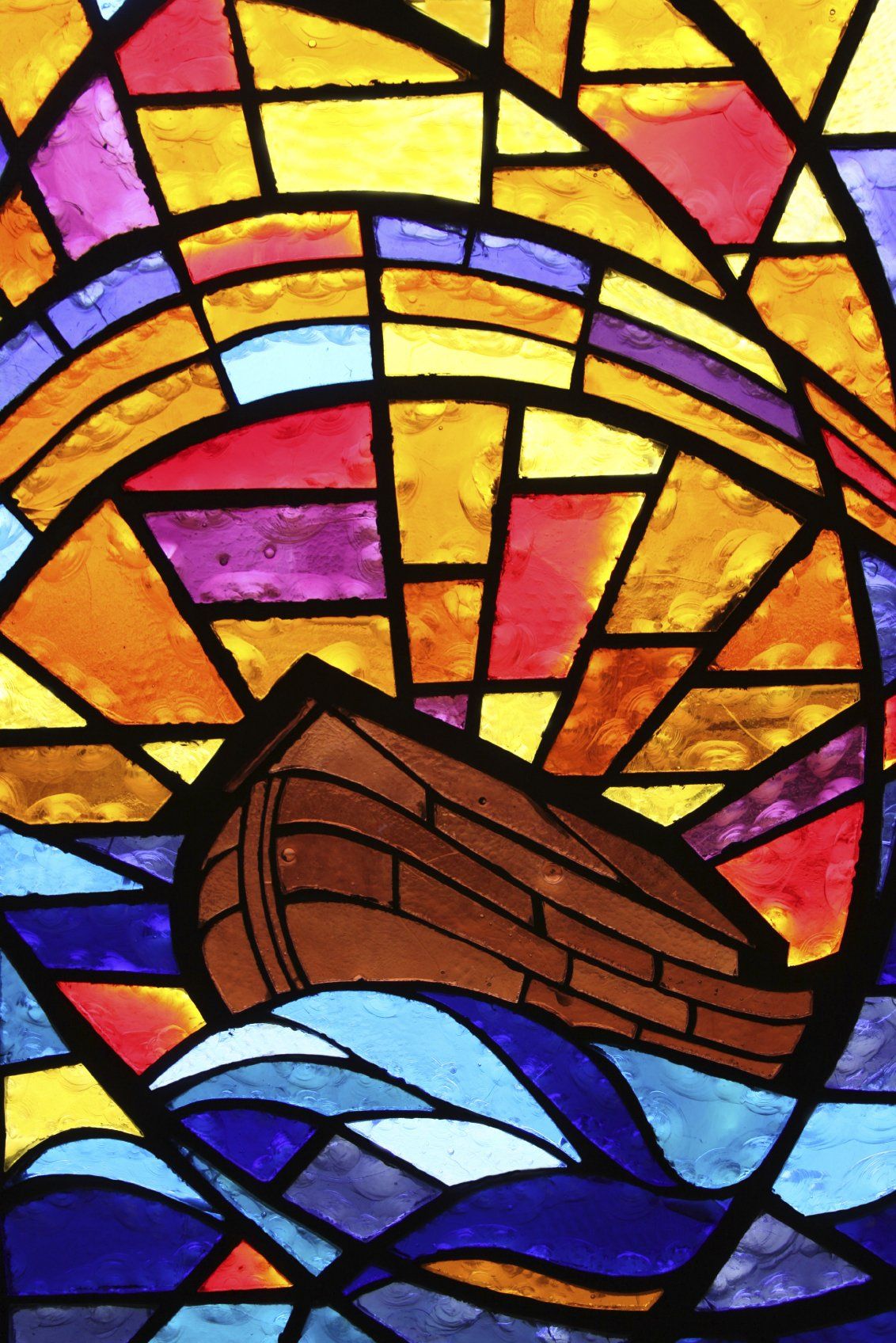From rigid rules to layered truths: embracing paradox in life and leadership

Recently, I found myself reflecting on the formative influences that shaped the way I think - the moments that made me who I am as a thinker. Strangely enough, my journey into paradox began not with a philosophy seminar, but in a bookshop when I was about fifteen.
At that age, I was deeply drawn to science and logic, searching for clues about the origins of the universe and the nature of consciousness. The Big Bang, black holes, cosmic beginnings - these questions fascinated me. One afternoon, when my mother took me to a bookshop, I stumbled upon a book called Aesop Up-To-Date by Robert L. Zimler, published in 1964 and later translated into Korean in the early 1990s. The Korean title fascinated me even more: The Paradox of Aesop’s Fables.
At the time, I was living within a rigid and dogmatic education system. Conformity was the norm. Yet, paradox spoke to me as a quiet rebellion, a doorway into thinking differently. It invited me to explore how perspectives shift depending on circumstances and belief systems.
One story in particular - the familiar fable of The Tortoise and the Hare - stayed with me. I had always known the moral as “slow and steady wins the race.” But the paradox presented in that book surprised me. It argued that the hare could always win if it simply chose to - meaning that victory wasn’t about steady persistence, but about perspective and choice. The story wasn’t about slowness or steadiness at all; it was about how the hare defined the race for itself.
That paradox struck me as liberating. It revealed that stories we take for granted could hold entirely different meanings if viewed from another angle.
Thirty Years On: A New Layer
Now, three decades later, I see yet another layer. The paradox no longer speaks to me just about competition or choice - it whispers about life itself. Winning every race, I’ve come to realize, is not the point. What matters is presence. What matters is family. What matters is joy.
In the paradoxical lens, both the tortoise and the hare can win - because success is not measured by who crosses the finish line first, but by whether the journey aligns with one’s values. The hare, in stepping out of the race, may find rest, happiness, and freedom. The tortoise, in steady persistence, may find purpose, resilience, and pride. Both paths are valid; both are true.
Embracing Paradox as a Way of Living and Leading
Paradox invites us to loosen our grip on rigid thinking. It reminds us that seemingly conflicting truths can co-exist, and that life rarely fits neatly into black-and-white categories. In organisations, paradox is everywhere: stability and change, competition and collaboration, individuality and community. The healthiest organisations are not those that attempt to resolve these tensions by choosing one side, but those that hold both with openness, curiosity, and respect for complexity. Leaders who embrace paradox create space for innovation, adaptability, and sustainable growth.
In life, paradox offers a similar kind of freedom. We can pursue excellence while understanding that we don’t need to win every race. We can be ambitious while staying fully present. We can uphold discipline while making room for creativity and spontaneity.
The tortoise and the hare are more than characters in a fable - they are archetypes within each of us. Sometimes we are the hare, brimming with energy, talent, and potential; other times we are the tortoise, deliberate, patient, and steady. The paradox is that both ways of being are valid, and the race itself is often optional. Life - and leadership - is not about rigidly following one path, but about knowing when to run, when to rest, and when to simply observe the unfolding journey.
By embracing paradox, we stop seeing tension as a problem to be solved and start seeing it as a source of insight, creativity, and resilience. We learn that choice, perspective, and timing matter just as much as speed or strategy. In doing so, we can lead - and live - with clarity, courage, and a sense of possibility that transcends the simple binaries we were taught to follow.
The Power of Seeing Differently
What captivated me at fifteen - and what still guides me today - is the realisation that perspective matters. Our stories, our lives, and our beliefs are never fixed; they are shaped by how we choose to see them. Paradox, in its quiet wisdom, keeps us humble and reminds us that there is always another way of understanding.
Perhaps this is why paradox continues to inspire me. It nudges me to step outside of rigid narratives and ask: What if the opposite is also true?
And in that question, I find not confusion - but freedom.







